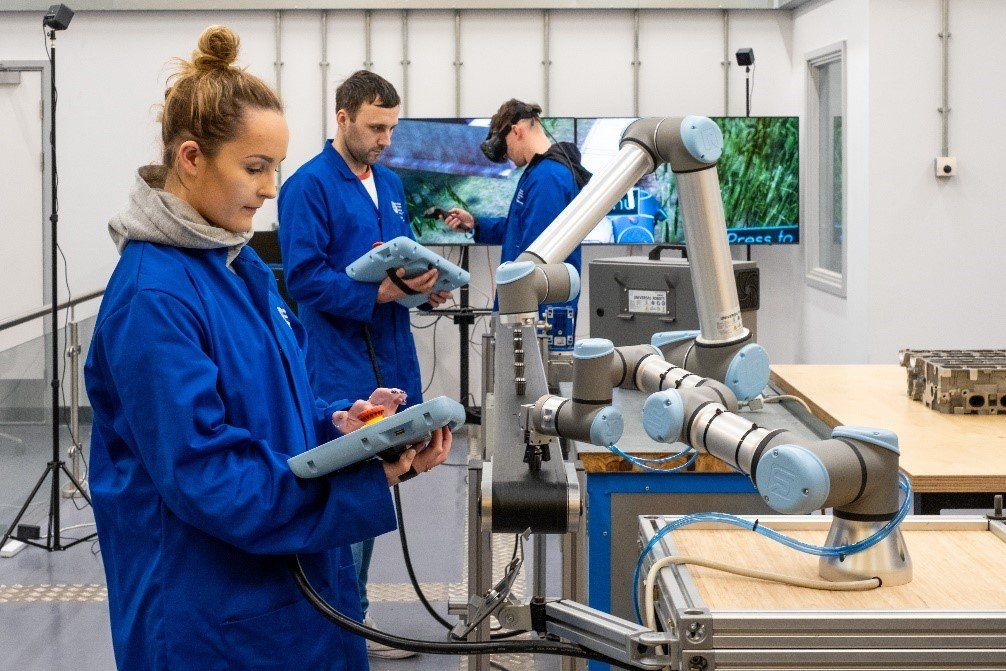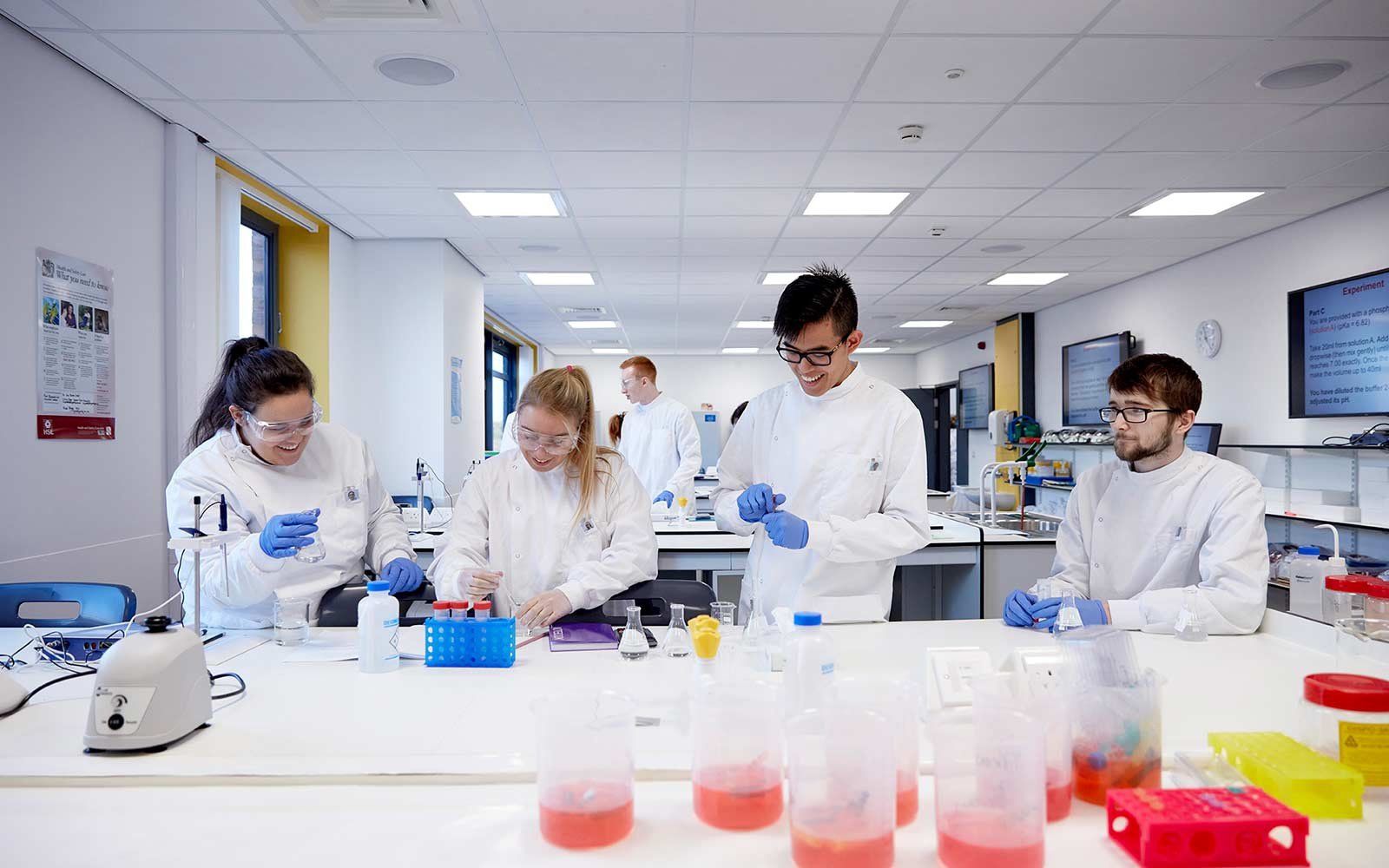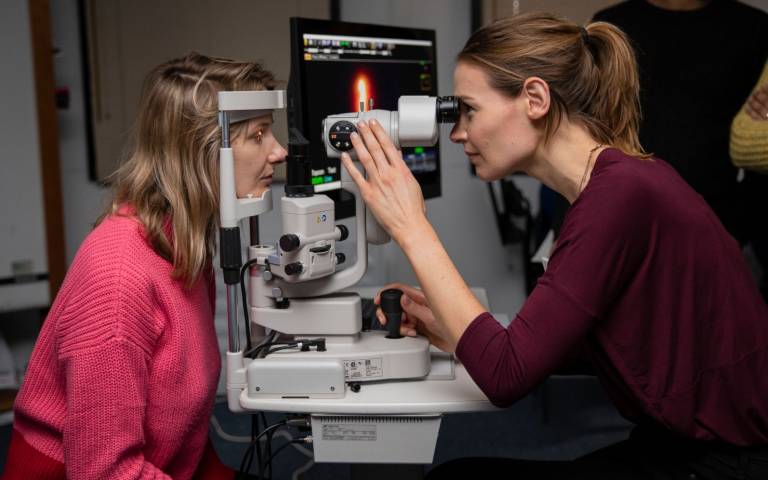- HOME
- CAREER CATEGORIES
- MORE RESOURCES
- CONTACT
-
More
- Degree Apprenticeship Search
- Degree Apprenticeships Engineering
- Degree Apprenticeships Law
- Degree Apprenticeships Construction
- Degree Apprenticeships Healthcare
- Degree Apprenticeships Sport
- Degree Apprenticeships Information Technology
- Degree Apprenticeships Business and Finance
- Degree Apprenticeships Design
- Individual Log In
- Money Challenges
- Creative Challenges
Virtual Work Experience Services
Created by Careers and Work Experience Professionals
Degree Apprenticeships
Degree Apprenticeships (Level 6)
Degree apprenticeships come after advanced apprenticeships and overlap with higher apprenticeships. Essentially, as you progress through the degree apprenticeship programme you climb the higher apprenticeship levels manager until level 6. These are equivalent to a BA(Hons) or BSc (Hons) degree and you will actually gradate with one of these – the same as your peers that go to university full time! They’re a great opportunity for you if you want to academically challenge yourself to get a degree but also want to start working in a professional environment.
As a degree apprentice, you’ll be spending 20% of your working week studying towards a qualification at university, college or with a training provider. You’ll either be going to study at the institution, studying online or an assessor might come to see you in the workplace.
At this level, the qualification part of the apprenticeship does become quite challenging due to the academic aspect of getting a degree. Because of this, you will need formal qualifications in order to get onto the course. These will be at least level 3 qualifications, this could be an advanced apprenticeship, A-Levels, BTEC or NVQ. If you have a lot of experience in the industry, you may not need recent qualifications or could get away with lower level qualifications.
You could be managing your own team or processes on a degree apprenticeship. They tend to last at least 2 and a half years, which means that the responsibility you get will continually increase. You shouldn’t be put off by this, you will have support from your manager and by your workplace mentor to make sure you are not overwhelmed.
Doing a degree apprenticeship will likely mean that you also get a chartered qualification – this might be part of the apprenticeship or it could be sponsored by the employer. At the end of your apprenticeship, you could go onto a level 7 higher-level apprenticeship or you’ll be ready to go onto a full-time position at an organisation.
If you do your degree apprenticeship with a university, you will also be entitled to everything that the more typical undergraduates get. You’ll have library access, academic support, you might be offered student accommodation and you’ll have access to all of the sports groups and societies.
What are Degree Apprenticeships like?
If you do a degree apprenticeship, you’ll spend a majority of your time working with your employer and 20% of your time studying towards your degree. You might be studying at university or with a training provider, learning online or your assessor might come into your workplace.
As a degree apprentice, you will get a lot of responsibility. Before you know it you’ll be managing teams, projects or processes and due to the duration of your placements this will only continue to grow. This shouldn’t put you off, though! You’ll have lots of support from your workplace and your training provider or university.
What qualification do I get?
If you choose to do a degree apprenticeship, you will graduate with a full BA(Hons) or BSc (Hons) degree from the University that you study with. This is no different from the degrees your peers will get if they choose to go to University as a full-time undergraduate.
If you don’t have recent qualifications in English and maths, you will have to get your Level 2 or 3 Functional Skills qualification as well to pass the apprenticeship programme. Your training provider will check this on your behalf when you sign up for the apprenticeship.
Due to the level of degree apprenticeships, many programmes are also sponsored by chartered institutes which means when you graduate you will also get chartered status. Depending on your employer, you may also work on other qualifications which are more directly related to your job. That could be a qualification to use certain systems at your workplace or use certain pieces of machinery. It all depends on where you end up working!
How do they work?
The way an apprenticeship work depends on the apprenticeship you choose to do and the employer and training provider that you choose. You’ll definitely spend 20% of your time working towards a qualification, it is just how this is worked out could change. You might spend once a week training or spend block release away from work and studying.
Degree apprenticeships can also be a little bit of a hybrid when it comes to how they work. Many programmes will combine block training and studying once a week too. The way this training is conducted also varies. You might train online in the workplace, at home or go to an external training provider, college or university. Degree apprenticeships are similar to undergraduate degrees and you will be taught in a mixture of lectures, flipped learning, seminars, group study and much more.
Most degree apprenticeships will ask for five GCSEs at A* - C (9-4 on the new grading system), including English and Maths and you will need level 3 qualifications including A-Levels, NVQs, a BTEC or an Advanced Apprenticeship. If you have a lot of experience in your chosen industry, your employer might be more relaxed in terms of what qualifications you need to have.
If you don’t think you have enough experience or qualifications to get onto a degree apprenticeship, you could do an advanced apprenticeship to show you can manage the work-study-life balance and are keen to work with the employer.
Listen to some Degree Apprentices
What kind of Apprenticeships can you do at Degree level?
There are more than 40 different apprenticeships you can do at degree level, including:
- Building Services Design Engineer
- B2B Sales Professional
- Chartered Surveyor
- Chartered Manager
- Civil Engineer
- Clinical Trials Specialist
- Data scientist
- Digital Marketer
- Food industry technical professional
- Laboratory Scientist
- Nuclear Scientist and Nuclear Engineer
- Paramedic
- Police Constable
- Professional Economist
- Project Manager
- Registered Nurse
- Head of Facilities Management
What does an employer look for in my application?
At degree level, an employer will probably be after some employment history – this doesn’t have to be full-time, a part time job while you were at college or school would be good. This is because it shows them that you can hold down a job and shows good time management skills. If you don’t have this experience, showing your time management and prioritisation skills on your CV will make your application stand out.
We think the three key traits you’ll need to show are:
Enthusiasm
A genuine interest in the job and what you want to study is really important. It's 3 years of your life, and you'll want enthusiasm to get the work done, even when it gets tough.
Academic Ability
A degree apprenticeship is a very academically challenging option, so an employer won't set you up to fail. Although, grades aren't everything, reasoning is also very important.
Character
You need to be mature enough to be in the workplace, dedicated to work and study and be a good fit for the company. Often, employers have psychometric tests in the application process to find out more about you, more than you even know!
What support will I get doing a Degree Apprenticeship?
As a degree Apprentice, you will have a lot more support than a typical undergraduate. This is because you'll have HR support as well as your manager, and you should get a workplace mentor as well. This is someone who may not work directly with you but can offer you extra support. What's more, as a student you'll also be entitled from the same support from your tutor and other student support services.
How much does a Degree Apprenticeship cost?
Doing a degree apprenticeship incurs no cost to the individual, just like other apprenticeships, there are no training costs or tuition fees to your higher and vocational training.
© Virtual Work Experience Ltd 2025
Virtual Work Experience Services Aston Hall Shropshire TF11 8PA 01543 889552 07904 936390



